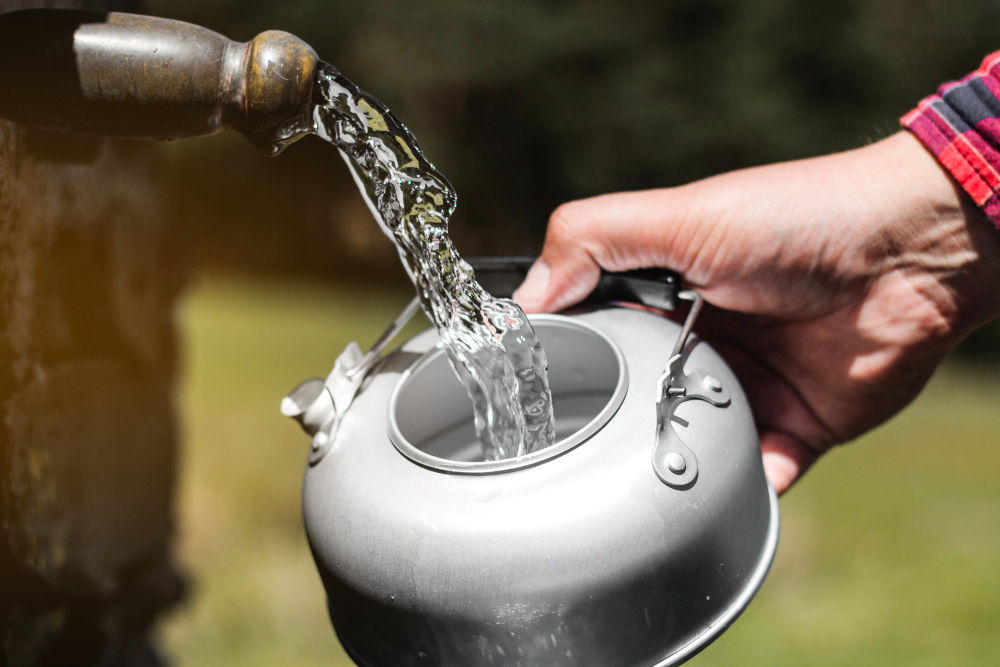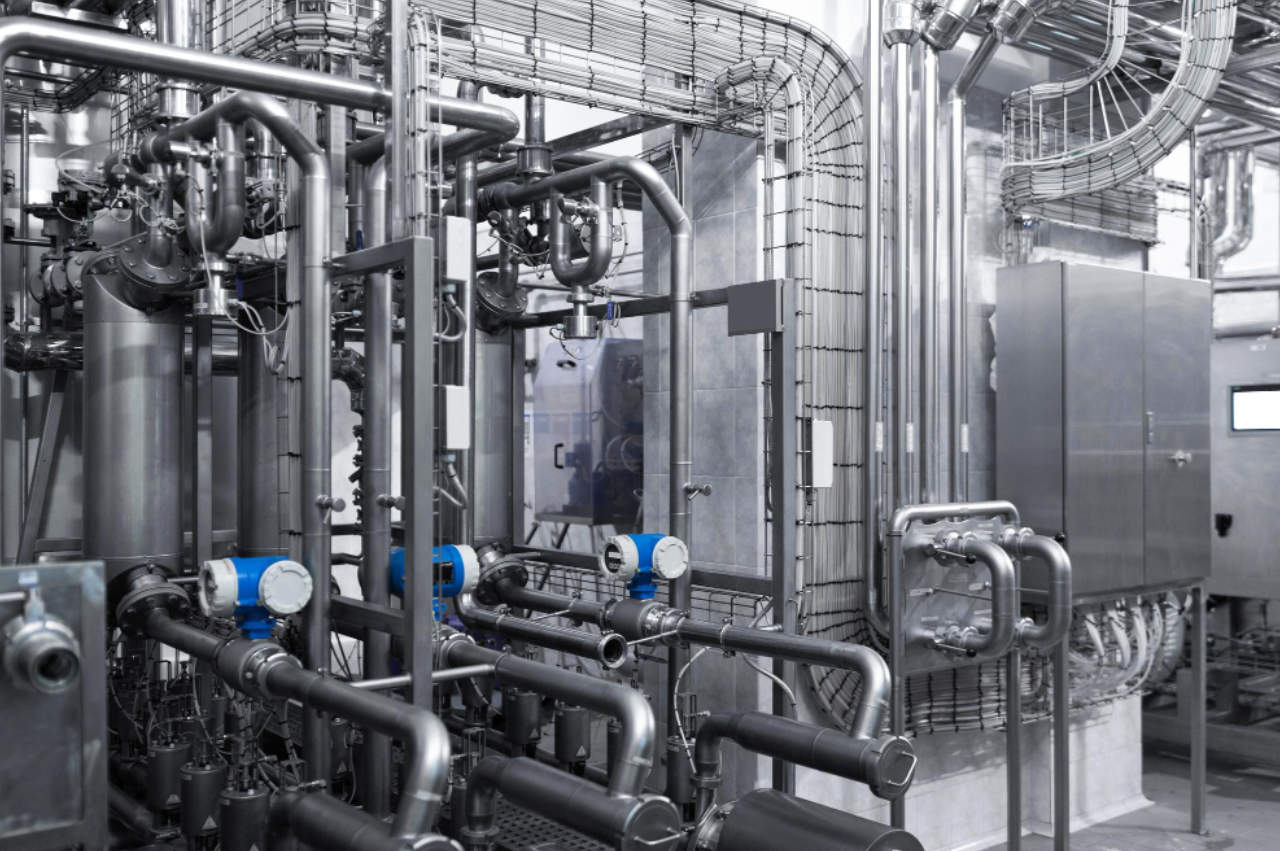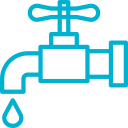Product
Tap & PoRtable Water
NIRA’s water treatment and wastewater recycling services to produce tap & potable water can be applied to all sectors
Every commercial building and industrial premise needs clean water that is safe for human consumption.
NIRA helps customers get effective access to potable water supply in a way that is affordable, reliable, and sustainable – enabling clean water consumption that is environmentally responsible.


SAFETY
Sustaining the health and well-being of communities & customers with our safe drinking water

QUALITY
Provision of water that meets quality standards, including chemical, biological, and physical requirements

SUSTAINABILITY
Capability to meet present demand for clean water without threatening future needs
Industrial Water
NIRA empowers operations around Indonesia to protect water as the most vital resource of existence.
By having a collaborative and positive partnership mindset in mind, NIRA is working to develop innovative solutions for industrial clients’ specific water needs and sustainable goals.

Demineralized Water
One of our industrial water output solutions is demineralized water.
Why do our Industrial Clients Choose Us?

Tailored water solution adjusted to your specified needs, requirements, and quality standards

Optimization of your industrial water cycle and water footprint

Improving your financial performance: No CapEx, Pay per liter consumed, Free Operation & Maintenance over the contract period
Waste Water Recycle
The depleting availability of freshwater yet never-ending demand for water has made a call for NIRA to become an enabler of the circular economy.
At NIRA, we believe that engaging stakeholders to develop a more sustainable lifestyle is a crucial step in protecting nature. On top of that, NIRA provides a sustainable water solution for industrial and commercial customers, such as through innovative technology of Waste Water Recycling, to foster responsible behaviors and invite customers to take an active role in conserving the environment.

Why Waste Water Recycle?

Legal Compliance
Wastewater recycling would address rising regulatory expectations regarding water supply. For example, a recent government legislation Peraturan Gubernur DKI Jakarta Nomor 93 Tahun 2021 sets up Groundwater Free Zone. The rule prohibits the use of groundwater in some locations starting August 1, 2023.
This shifts the demand for water input from groundwater into a sustainable solution of wastewater recycling.
By choosing wastewater recycling with NIRA, your business helps the government to address the environmental issue and plays an active part in embracing the circular economy.

Cost Saving & Risk Minimization
NIRA provides cost-effective wastewater recycling that can also mitigate your business risks concerning water management.
- Reduced water cost as water recycling allows you to reuse your wastewater (or effluent water) rather than sourcing more expensively from a local supply
- Reduced risks-related costs about discharged water quality
- Reduced costly water footprint

Water Sustainability & Security
NIRA enables the recycling of various types of water, such as blackwater, greywater, and rainwater, into appropriate purposes that would bring positive impacts for business operations and for the environment.
Case Study
Innovative Technology
NIRA’s provides extensive range of water treatment technologies that enable customization of water solution to every client coming from various fields.

Reverse Osmosis

Filtration
The filtration process involves water passing through filters that have varied pore sizes and are made of different materials (e.g. charcoal, gravel, and sand). The filters would remove dissolved particles and germs in the water.

Clarification
The clarification process takes away suspended solids through gravity settling, producing a clarified liquid effluent. There is a wide range of clarification solutions and NIRA chooses the right clarification technology for your specified industrial water need.

Ultrafiltration (UF)
Ultrafiltration process can be used as an addition or as a substitute for traditional filtration. The filter in the ultrafiltration method only allows water and extremely small molecules (e.g. salts) to pass through as the filter membrane has a very small pore size.

Ion Exchange
Ion Exchange is a specialized technology that can eliminate dissolved ions and contaminants from water. By allowing ion exchange resins attract undesirable ions in water and exchange them with more desirable ions, the system effectively purifies and improves water quality.

Reverse Osmosis (RO)
Reverse osmosis can be considered as a variation of filtration method that removes additional particles from water. The RO technology is widely used in wastewater recycling, water treatment to produce demineralized water, and treating salt water for drinking.

Activated Carbon (AC)
Activated Carbon filters function mainly to absorb pollutants and eliminate taste and odors in water treatment systems, including organic compounds such as volatile organic compounds, pesticides, and benzene.

Electrodialysis (ED)
Electrodialysis (ED) is a technique that relies on an electric field gradient and can be used to separate minerals from feed water solution. This technology is primarily used for brackish water desalination and removal of hardness from industrial wastewater.





